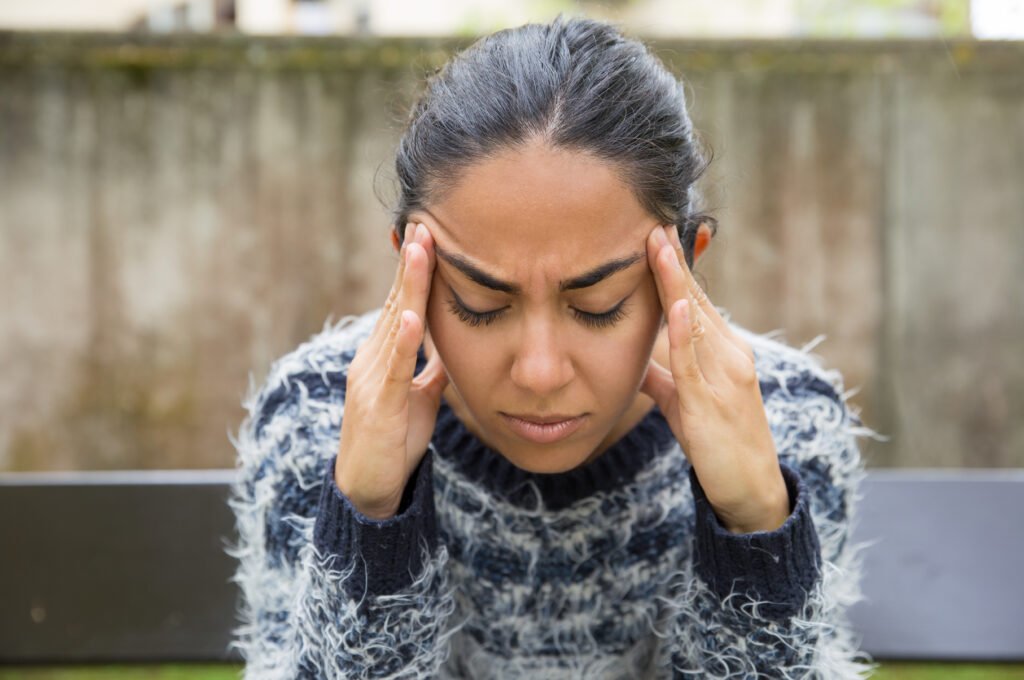Depression
- Home
- Depression
What Is Depression?
“The grey drizzle of horror,” as author William Styron memorably described it, depression is a mood disorder that may appear seemingly out of the blue, or follow a personal setback or loss. It produces persistent feelings of sadness, worthlessness, hopelessness, helplessness, pessimism, or guilt. Depression can also affect concentration, motivation, and other aspects of everyday functioning.
According to the World Health Organization, depression is the leading cause of disability worldwide. Globally, over 300 million people of all ages experience the condition, and its prevalence continues to rise. In the UK, increasing numbers of young people are affected, reflecting similar trends seen in other countries.
Depression takes several forms, including major depression, dysthymia, and seasonal affective disorder. Depressive episodes are also characteristic of bipolar disorder.
Depression is complex, involving many bodily systems, including the immune system, either as cause or effect. It can disrupt sleep and appetite, causing weight loss in some cases and weight gain in others. Anxiety frequently co-occurs with depression, and research suggests the two share vulnerabilities.
Because of its complexity, depression has been challenging to fully understand. Emerging evidence suggests that depression may act as a defence mechanism—a form of shutdown or immobilisation in response to danger or defeat, designed to conserve energy and enhance survival.
Diet may play a role in susceptibility to depression, both directly, through insufficient nutrients such as omega-3 fatty acids, and indirectly, via the variety of gut bacteria. Depression affects mood, thoughts, and the body, causing distress to those experiencing it and those around them. It is also becoming increasingly common among children.
Even in severe cases, depression is highly treatable. The condition is often cyclical, and early intervention may prevent or delay recurrence. Studies show that cognitive behavioural therapy (CBT), which addresses unhelpful thought patterns, is highly effective, with or without antidepressant medication. Additionally, regular mindfulness meditation, alone or combined with CBT, can help prevent depression by reducing reactivity to distressing experiences and breaking cycles of repetitive negative thinking.

Signs of Depression
Not everyone with depression experiences all symptoms. Some may have only a few, while others have many. The severity can also vary over time.
Common symptoms include:
Persistent sadness, anxiety, or emptiness
Hopelessness or pessimism
Feelings of guilt, worthlessness, or helplessness
Loss of interest or pleasure in previously enjoyed activities, including sex
Fatigue or a sense of being “slowed down”
Restlessness or irritability
Difficulty concentrating, remembering, or making decisions
Thoughts of death or suicide
Depression can also affect sleep (insomnia, early morning waking, or oversleeping) and eating patterns (changes in appetite or weight). Persistent physical symptoms may include headaches, digestive issues, or chronic pain.

Causes of Depression
There is no single cause of depression; it typically results from a combination of genetic, biological, environmental, and psychological factors. Major negative experiences—such as trauma, bereavement, difficult relationships, or stressful life events—can trigger a depressive episode. Subsequent episodes may occur with or without a clear trigger.
Depression is not an inevitable response to negative events. Research indicates that excessive rumination and negative self-focused thinking often drive the downward spiral of mood.
Brain imaging studies, such as MRI scans, show structural and functional differences in the brains of those with depression, affecting areas responsible for mood, thinking, sleep, appetite, and behaviour. Some types of depression run in families, suggesting genetic vulnerability.
Treatment for Depression
Depression is highly treatable, even in severe cases. Early intervention is key to reducing the risk of recurrence.
Treatment begins with a medical assessment to rule out conditions such as thyroid disorders or viral infections, and to discuss alcohol or drug use and any thoughts of self-harm or suicide.
Common treatment approaches include:
Psychotherapy: Cognitive behavioural therapy (CBT) is highly effective, either alone or with medication. Therapy addresses thought patterns that contribute to depression and helps prevent recurrence.
Medication: Antidepressants can alleviate symptoms, including severe anxiety, enabling engagement with psychotherapy.
Natural Approaches to Depression
Active treatment is important, as prolonged depression can have lasting effects on brain function, increasing susceptibility to future episodes.
For mild to moderate depression, effective interventions may include:
Learning new thought patterns and coping strategies
Mindfulness and meditation
Nutrition and maintaining a balanced diet
Regular physical activity, which can enhance mood and release tension
Depression and Physical Health
Depression impacts the whole body. It can weaken the immune system, increasing vulnerability to infections and possibly some cancers over time. It disrupts sleep, causing lethargy, concentration issues, and general health decline.
Depression is also linked to higher rates of diabetes and osteoporosis. Persistent low mood, or dysthymia, can last for years, characterised by low energy, poor self-esteem, and limited enjoyment of life.
Living with Depression
Clinical depression is more than occasional low moods. It involves persistent negative thoughts, bleak outlook, and lack of energy. It is not a sign of personal weakness, and people cannot simply “pull themselves together” to recover.
Modern life may exacerbate depression due to pressures such as early childhood achievement expectations, reduced direct social contact, and overemphasis on material wealth over meaningful experiences.
Despite its challenges, some researchers suggest depression can have a functional purpose, prompting self-reflection and awareness to address underlying problems.
Major Forms of Depression
Unipolar Depression (Major Depression): Continuous sadness, apathy, hopelessness, and low energy.
Bipolar Disorder: Cycles of depression alternating with high-energy manic episodes.
Postpartum Depression: Severe, prolonged mood disturbances following childbirth, requiring treatment.
Seasonal Affective Disorder (SAD): Depression linked to shorter winter days, often improved with artificial light exposure.
Biology of Depression
Depression involves multiple biological systems. Changes in neurochemicals, nerve circuitry, circadian rhythms, and inflammatory processes can all contribute to onset and severity. Sleep disruption, lack of pleasure, low motivation, and guilt are all biologically influenced.
Depression and Suicide
Most suicides are linked to psychiatric illnesses, particularly depression. The severity of depression increases risk, but most people with major depression do not die by suicide.
About 5% of people with depression experience suicidal thoughts. The clearest warning sign is talking about wanting to die, and the best way to assess risk is by asking directly.
Children and Depression
Depression increasingly affects young children, including preschoolers. Early intervention is crucial, as depression can interfere with normal development.
In children, depression may present as sadness, lethargy, disinterest, irritability, anger, or acting out. Causes may include bullying, social media exposure, or reduced opportunities for free play, which traditionally allowed children to manage stress and enjoy themselves.






